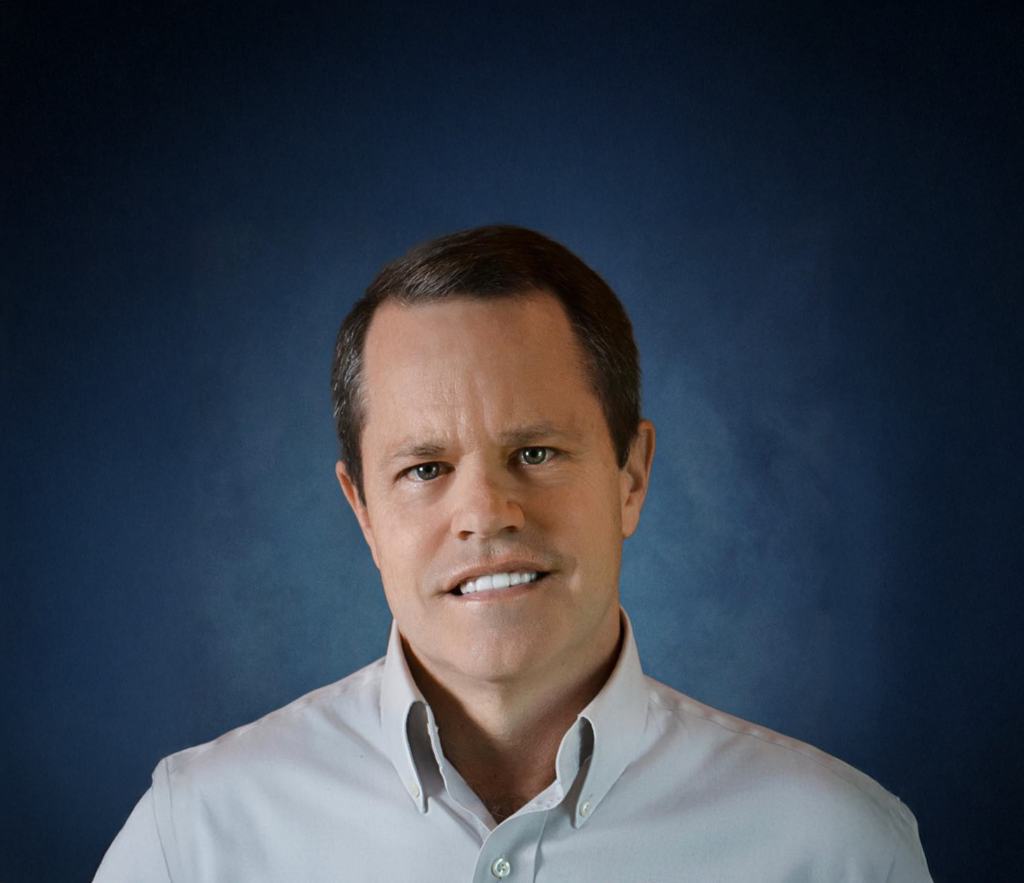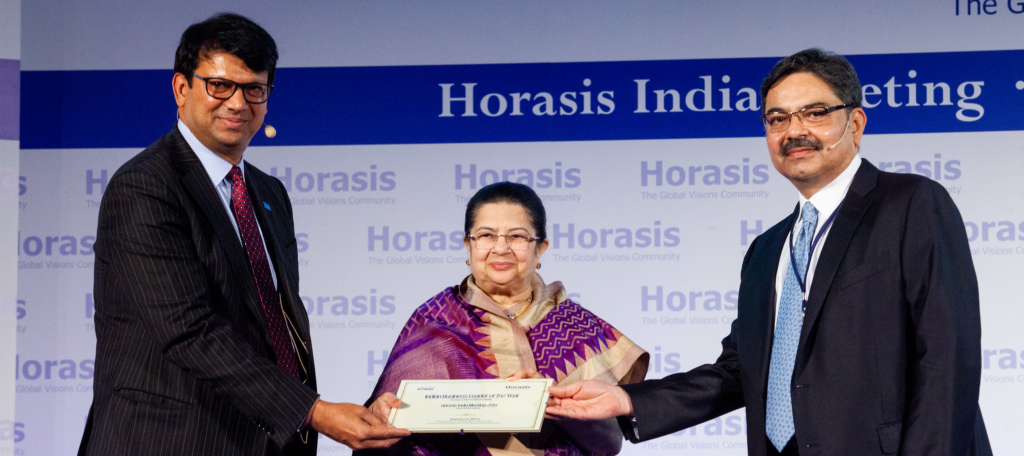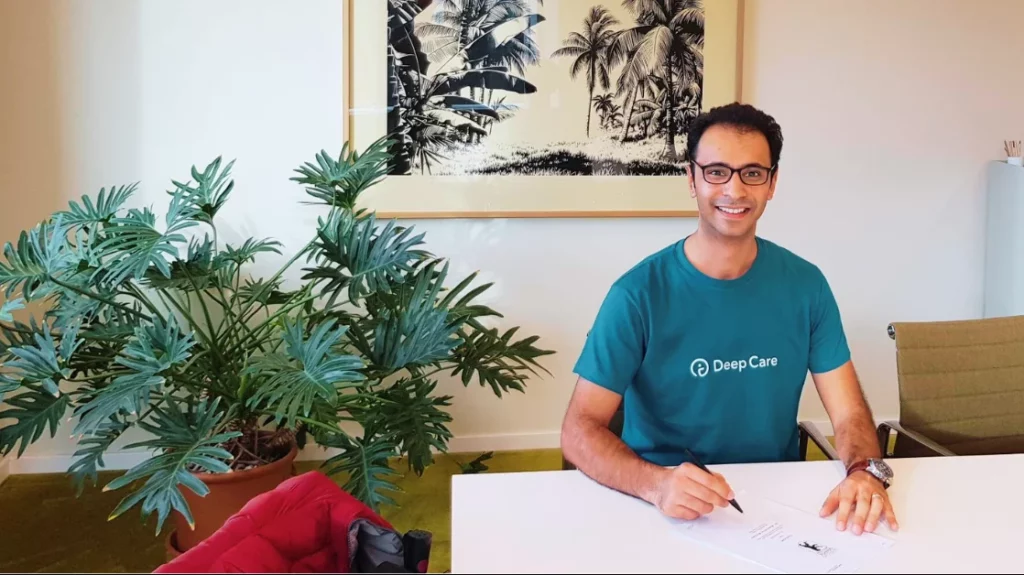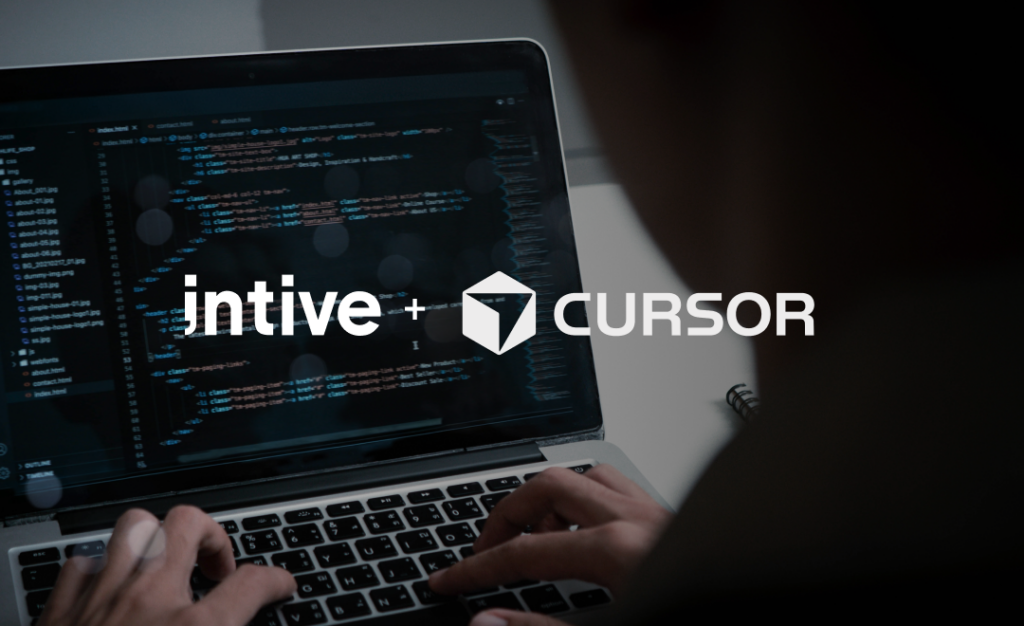Kontu today announces the launch of its line of patent-pending magnetic wooden blocks and cards designed to promote STEM thinking and discovery in young children. The line gives a modern update to the classic set of wooden blocks for children to play with in today’s age of technology.
The modular, magnetic wooden blocks serve as a screen-free, multi-sensory learning tool designed for STEM learning at a young age. Alone or through guided play, children may explore and learn about numbers, magnetism, weights and balances and other STEM concepts. Early math isn’t comprised of lectures at a chalkboard – children learn through play. They need engaging, hands-on, multi-sensory (not just tapping and swiping!), experiences where they can playfully explore early math and other STEM concepts in a real-life context. Kontu achieves this with its wooden blocks, aiming to be the most comprehensive screen-free early math product on the market.
It’s crucial that parents get their kids started in STEM as early as possible. As many already know, a large amount of gender and racial disparity persists in STEM-related fields, with only 26% of STEM jobs held by women. Shanmugam & Kin (2014) found that it’s not only possible but also critical that we begin teaching our children numeracy in preschool and possibly even earlier.
“As a new parent, I became fascinated with my daughter’s brain development. This period of childhood development is critical and sets a person’s trajectory in later life. But I was surprised by how few products I found to help me engage her in STEM thinking, specifically with early math,” said Patrick Greenwood, founder of Kontu. “So I set out to create a sustainable, safe, and engaging toy for my daughter that I could also use as a way to engage her mind. Now, after three years of research and development, Kontu is ready for pre-order.”
To further its mission of helping parents inspire STEM thinking in their children, Kontu plans on committing 2% of its profits to various children’s nonprofits to support equitable early childhood education.
Disclosure: This article includes a client of an Espacio portfolio company










